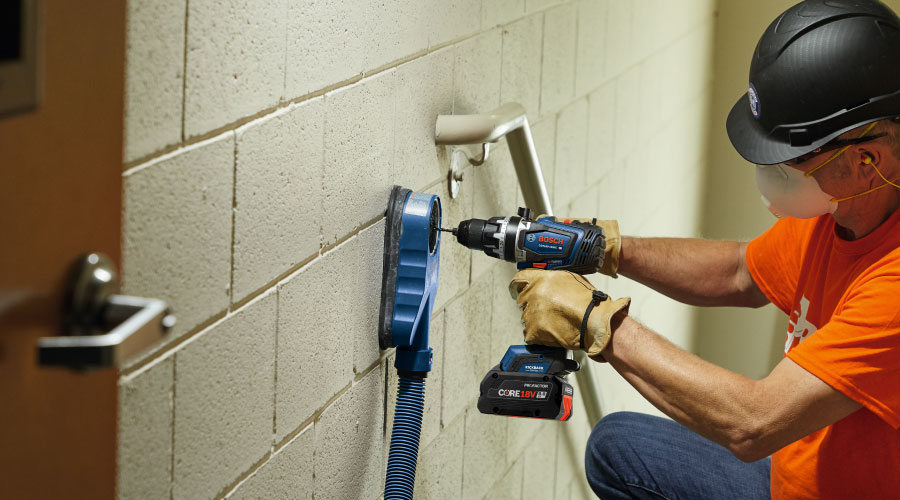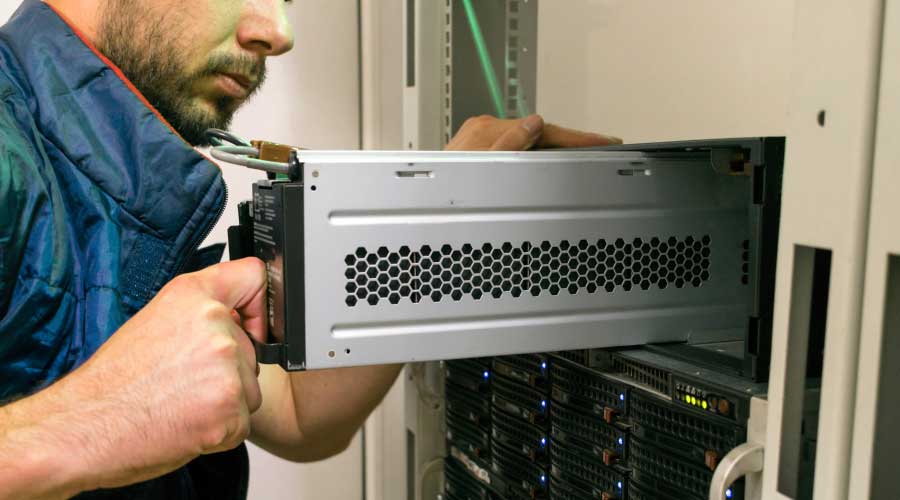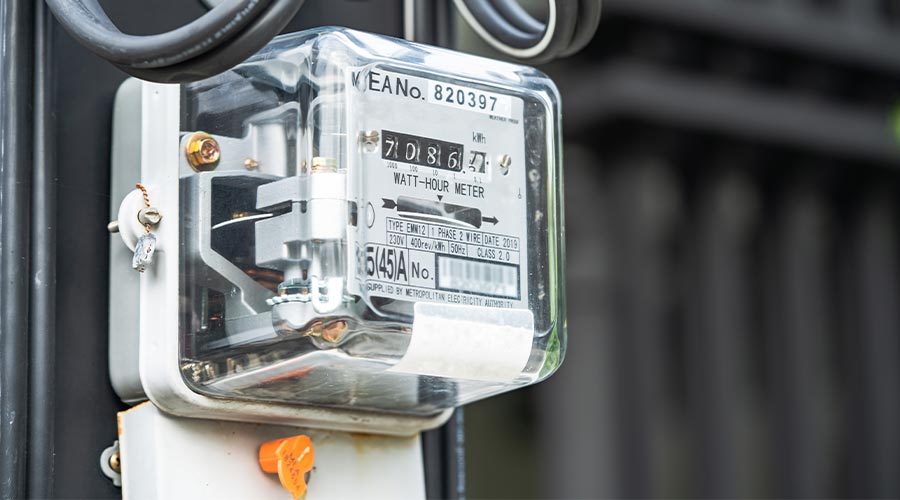Power Reliability: Don't Overlook the Importance of Operations
One key point that's easily overlooked is that just having a UPS and backup generators isn't enough. It actually has to function when an emergency strikes. That can't be taken for granted. During the Northeast black-out of 2003, half of New York City's 58 hospitals suffered failures in their backup power generators.
The design of a backup power system is only one factor in how well it performs. Just as important is the operational side. Backup diesel generator sets require periodic maintenance and frequent testing if they are to be counted on in an emergency. A facility manager who scrimps on that maintenance and testing may very well compromise the system.
Another issue to consider is if the backup generator uses diesel fuel. Diesel fuel deliveries may be difficult if the power outage is caused by disaster.
Location can also have an operational impact. California had 540 power outages last year. If the batteries in the backup power supply are rated for 2,000 hours, their life expectancy in terms of calendar months is much shorter in California than in an area such as Chicago, where the outages are considerably less frequent. Outages along the East Coast grid also are higher than in other states.
Another problem is lack of commissioning. During commissioning, the design needs to be translated into the generators, uninterruptible power supply components, substation feeds and other elements that the contractor installed. Commissioning is essential to ensure that the backup power system meets the owner's requirements and expressed needs.
Problem of Complexity
In some cases, the design itself can pose operational problems. Johnston believes some consulting engineers confuse increased power availability with unnecessary complexity. "Most engineers love complexity," he says. But "unnecessary complexity drives costs up and reduces availability."
Johnston believes the newest facility manager and technician should be able to understand the backup power supply so that if a glitch does occur at 3 a.m. on Sunday, he or she can figure out what needs to happen to prevent the data center from crashing. That means keeping operational details simple and easily understood.
But while unnecessary complexity can be a problem, that doesn't mean facility managers shouldn't be open to new technologies. "For instance, new UPS units with different topologies are able to achieve 97 percent efficiencies," Schlattman says. "Traditional UPS systems are 93 percent efficient."
While the new UPS does cost more, the 4 percent additional efficiency can outweigh the higher initial price.
Rita Tatum, a contributing editor for Building Operating Management, has more than 30 years of experience covering facility design and technology.
Related Topics:














